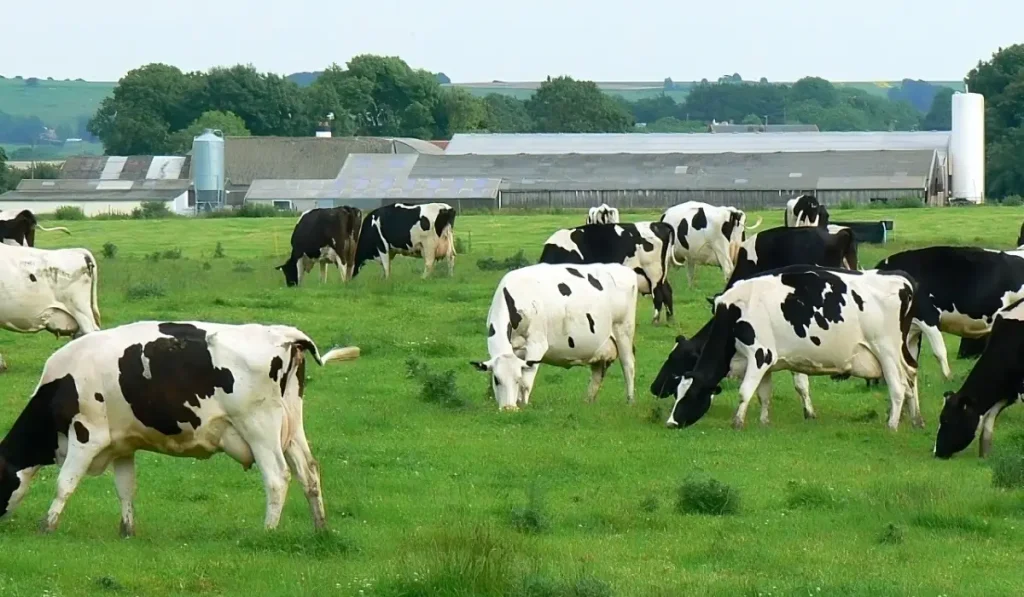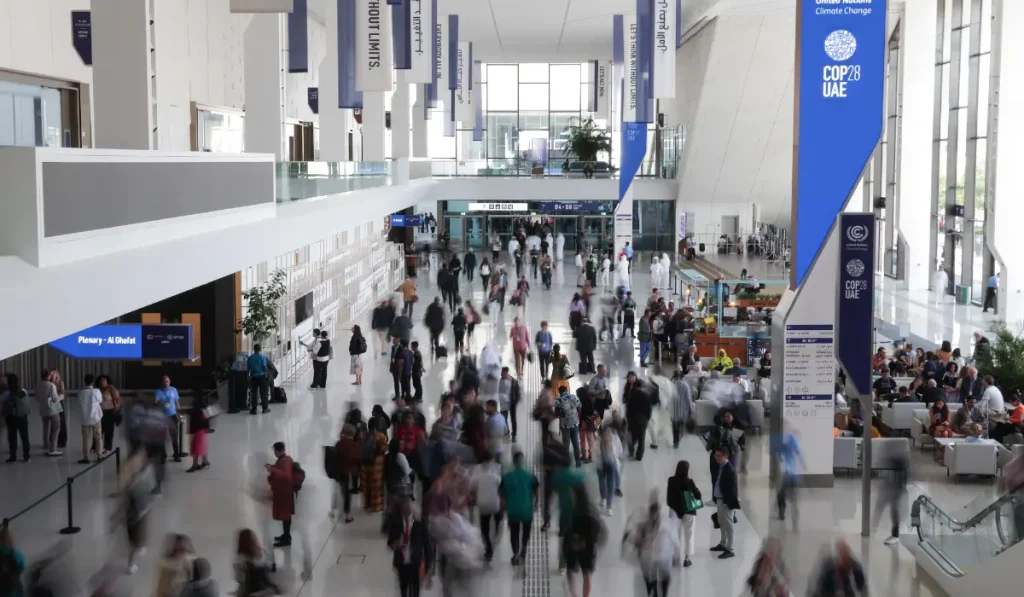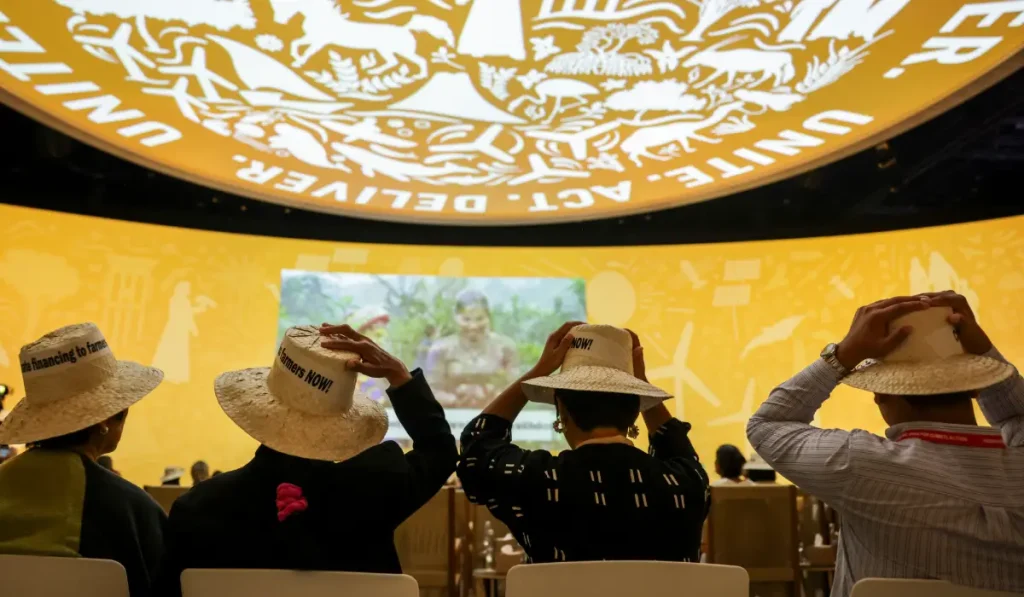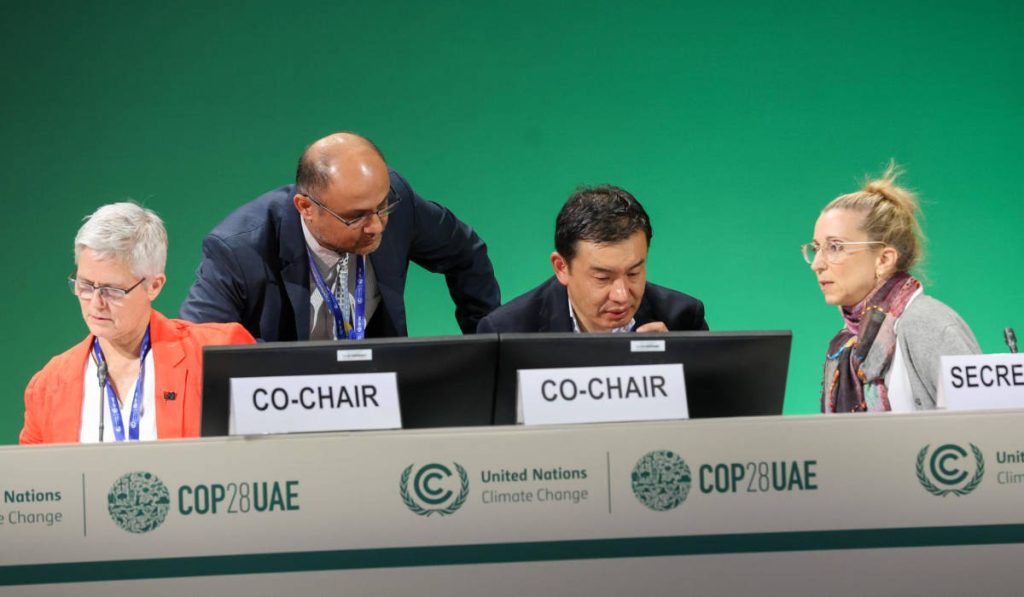In the middle of each year, parties to the UNFCCC meet in Bonn, Germany, to negotiate under its subsidiary bodies, the Subsidiary Body for Scientific and Technological Advice and Subsidiary Body for Implementation. These negotiations canvas the key climate change issues on the table and their outcomes feed directly into the end of year COPs under the UNFCCC and Paris Agreement.
This year’s discussions kicked off on 5 June, with impassioned statements from the major negotiation \ blocs, including the G77+China, the African Group of Negotiators (AGN), the Like Minded Developing Countries (LMDC) Group, the Least Developed Countries (LDC) Group, and the BASIC Group (Brazil, South Africa, India and China). There were strong overlaps in the positions of developing countries with a considerable degree of cohesion brought about by the positions of the G77 + China. The key themes emerging from the opening statements indicated a continued focus on enhanced support for adaptation and the global goal on adaptation, finance, the principle of equity and common but differentiated circumstances and respective capabilities (CBDRC) and how this informs which countries take the lead on mitigation and the provision of finance, the loss and damage fund, just transitions, unilateral coercive trade conditions, and the Global Stocktake.
Ambassador Pedro Pedroso of Cuba, speaking on behalf of the G77 + China emphasised that they wanted to see balanced progress on all fronts relating to adaptation, mitigation, finance, and loss and damage, in other words they don’t want to see the discussions focused on mitigation only. And when it comes to mitigation, they continue to anchor their approach on the premise that developed countries must take the lead in mitigation. In turn, developing countries have long held the precondition that their mitigation ambition and ability is directly linked to the adequate and timely provision of finance, technology transfer, and capacity building. This year their position was no different.
Developing countries also want to see a tangible outcome of the two year Glasgow Work Programme on the Global Goal on Adaptation (GGA), which is due to conclude at COP28, in the form of an agreed upon goal. Zambia on behalf of the AGN in particular stressed the need for decisions to be reached in Bonn that reflect “collective targets captured in politically significant framing to materialize the GGA.” And the LDC Group, represented by Zambia, stressed that the GGA needs to be based on the principle of equity and CBDRC.
There is also a hope that building on last year’s decision to establish a loss and damage fund, that the COP28 would advance its operationalisation. Cuba speaking on behalf of the G77 + China made clear they wanted to see money in this fund that was “new, additional, adequate, and predictable [and] grant based” These were some of the operational principles proposed by developing countries but not yet decided on last year. They also want to see it operate as a new standalone entity under the UNFCCC (like the Green Climate Fund) and not be housed under an existing fund. This arises from concerns that the same institutional constraints and challenges experienced with these funds would also befall the loss and damage fund. It was also reiterated that, the fund needed to be based on the principles of the UNFCCC and Paris Agreement, a hint that, contrary to the hopes of the EU, the fund should be financed be developed country parties only, and not other emerging economies. Developing countries are also hoping to see a decision in the June meetings on which agency will host the Santiago Network on Loss and Damage. The purpose of this network is to catalyse and facilitate the provision of loss and damage related technical assistance.
In relation to finance, the G77 + China pointed to the fact that developing country needs are evolving and it’s expected that they will need around USD 5.8 to 11.5 trillion up to 2030 to implement their NDCs. Most developing country negotiation blocs pointed out the need for developed countries to deliver on their COP26 pledge to double adaptation finance, and to make good on their climate finance shortfall for the pre 2020 period. Parties will also be negotiating a new 2025 goal on climate finance provision, and the G77 + China wants to see a number that doesn’t represent an ad hoc figure of what parties are able to provide, but rather an amount that reflects actual NDC implementation needs in developing countries. The AGN pointed out that developed countries could demonstrate their good faith when it comes to climate finance by fully replenishing the GCF in October before the COP.
On mitigation, the BASIC Group, raised concerns that “some developed countries are burden shifting and imposing unilateral coercive measures in the name of climate action, such as carbon border taxes, that pose a grave threat to the sustainable development of developing countries.” It is rare for the EU’s Carbon Border Tax Adjustment Mechanism (CBAM) to come up in negotiations so directly and it is interesting that it has now risen to sufficient prominence to be included in parties’ opening remarks. The Bolivarian Alliance for the Peoples of our America echoed this, stating that “unilateral coercive measures” very seriously affect the implementation of the Paris Agreement and are contrary to the basic fundamentals of international and environmental law. Instead of restricting countries’ right to sustainable development, parties should follow an “inclusive and participatory multilateralism that brings everyone together to discuss the common future”. Other South American negotiation blocs (the ABU) also supported this.
In relation to Just Transitions, the G77 + China underscored the need for Just transitions to be context specific and to take into account all options, solutions and technologies
Lastly, parties also focused on their desired outcomes for the Global Stocktake, a process under the Paris Agreement in terms of which parties collectively assess global progress in meeting its goals, which is due to conclude at the end of this year. Commenting on its importance, developing countries made strong calls for an assessment of the extent to which parties (particularly developing countries) had fulfilled their pre-2020 obligations, and for equity to be taken into account during the technical assessment phase. The AGN noted that the stocktake needed to operationalise fairness and a just transition noting that “we cannot have deepened fossil fuel use in developed countries further eat into the ability of African countries to transition in light of constrained pathways towards 1.5 degrees C.”
We will continue to follow the negotiations and provide an update on its outcomes once they
conclude on 15 June.


